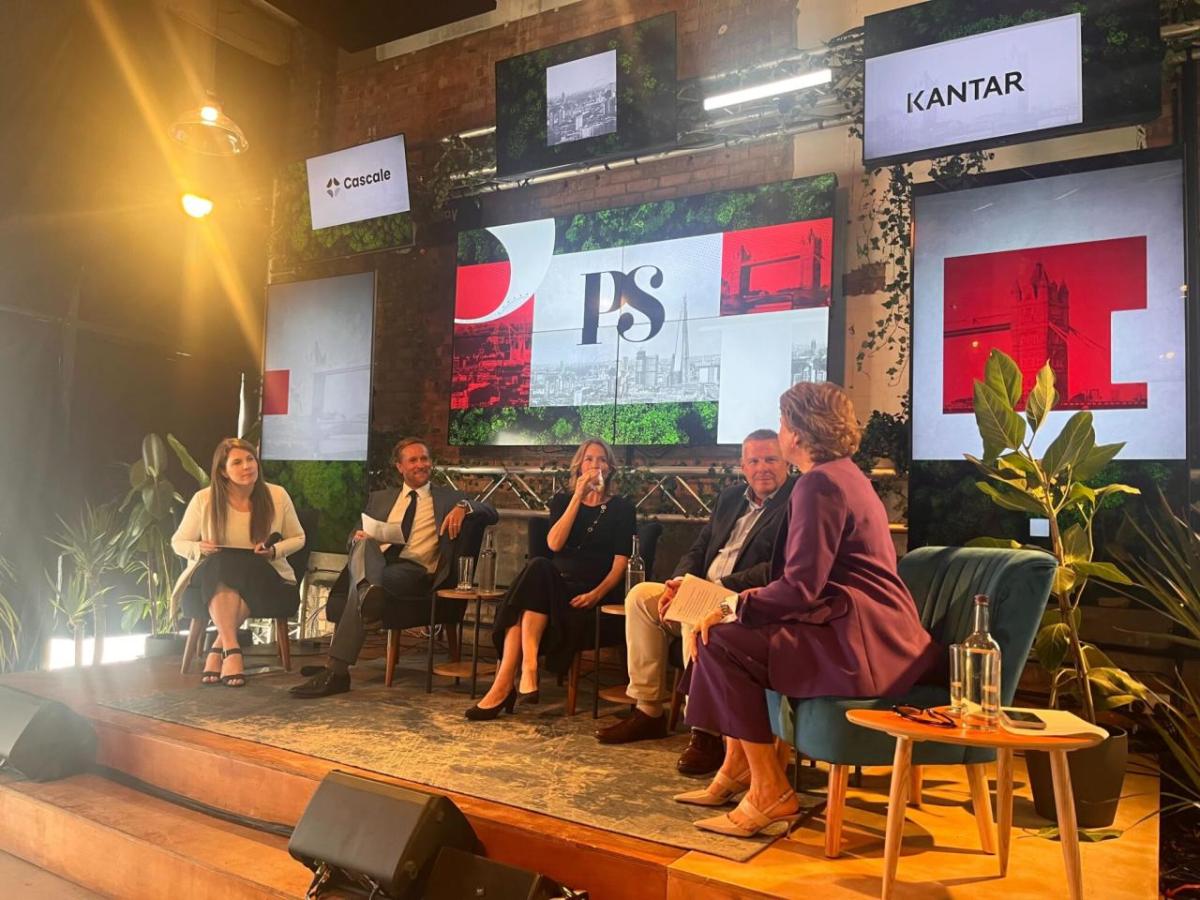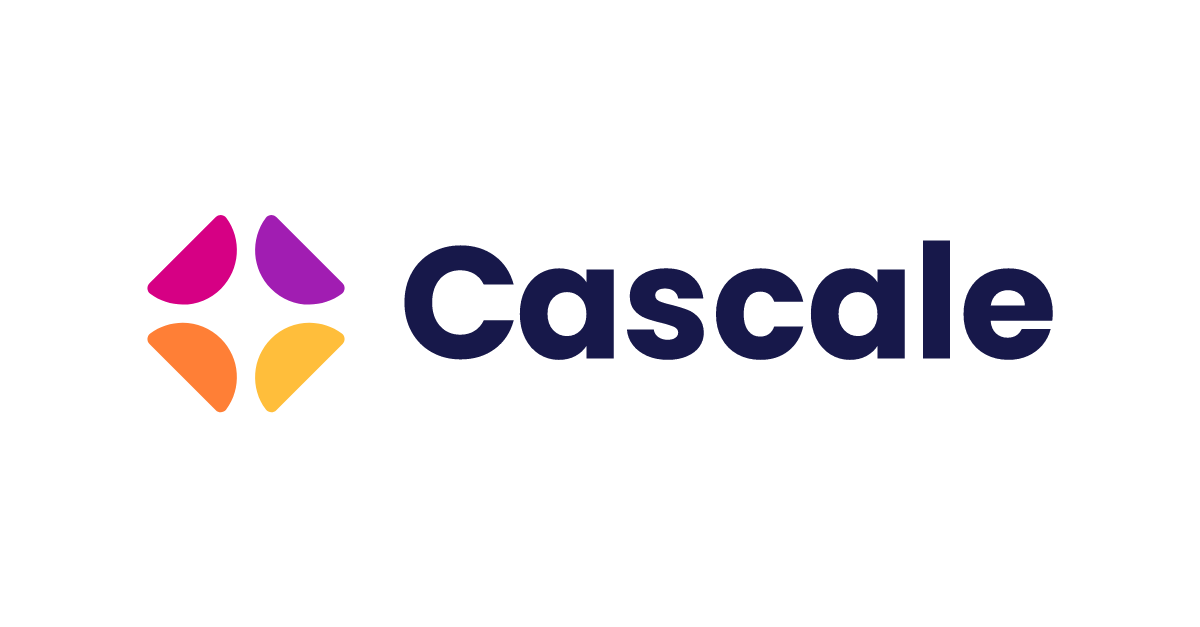At London Climate Action Week, Cascale Centers Fashion Industry Decarbonization Challenges

During London Climate Action Week’s official program, Cascale’s executive vice president Andrew Martin spoke on day one of a Project Syndicate event centered on decarbonization.
The two-day programming convened cross-industry thinkers, in a live broadcast-style format meant to enrich dialogue and reach a wide, global audience. Over 2,000 attendees joined online, with in-studio attendees spanning Cascale members such as New Look and Amazon, as well as Lego Group, IKEA, Mills Fabrica, Carbon Trust, and McKinsey, among others. Decades-long “Politics Live” host and BBC journalist Jo Coburn moderated the programming.
The first session focused on “Maintaining the Momentum,” and featured speakers from Ellen MacArthur Foundation, and consultancies Kantar, think tank Doughnut Economics Action Lab, and food and beverage group Asahi.
“Our enthusiasm for the ‘win-wins’ is undermining the investment needed in the corporate world,” said Erinch Sahan, business and enterprise lead at Doughnut Economics Action Lab. Sahan passionately mentioned the need for new ownership models, such as that of Cascale founding member Patagonia’s nature-owned shareholder model or U.K.-based beauty brand Lush’s partially employee-owned model. In these alternative ownership models, companies go against the traditional shareholder-owned model that puts profit above all else.
Companies can’t afford to stick to the status quo according to Jonathan Hall, managing partner of the sustainable transformation practice within Kantar. He referenced the World Economic Forum’s recent Global Risks Report 2025 – which put extreme weather conflicts as second only to armed conflict in the short-term outlook.
In the next session “The Business of Decarbonization,” fashion got its main stage. At the start of the conversation, Coburn played an alarming video tracing the industry’s deep environmental and social injustices across its supply chain. Cascale’s EVP Andrew Martin participated alongside Seb Henbest, group head of climate transition at HSBC; Jodie Keane, senior research fellow with the International Economic Development Group at ODI; Stientje van Veldhoven, global vice president and regional director for Europe at the World Resources Institute.
Martin chastised the “lack of action” on decarbonization but quickly followed it with a data-driven vision which Cascale calls the Industry Decarbonization Roadmap (IDR).
“We now have a really good picture. When it comes to the making of garments, [emissions] come from the raw materials –the growing, turning that into fiber, turning that into fabric, and making the garment. With the data we’ve got, we can now identify the 10 percent of facilities that account for 80 percent of emissions. The good news is that we know which factories they are, we know where they are, we know what country they’re in, what their energy mix is, we know what their facilities are like, and we know what brands are buying from them. We know all of this. The challenge is how do you bring the industry together? What we’re not doing is working fast enough – and in a collaborative way – to actually address those [facilities] with solutions.”
Martin also supplemented data from Cascale’s recent forum in Ho Chi Minh City, outlining the other obstacles manufacturers face to decarbonization.
“The number one was alignment amongst brands – at 42 percent. Finance was actually the lowest one [at 4 percent] which I was really surprised at. Technology solutions was second at 22 percent.”
Martin expanded on the global perspective needed. “We tend to have Global North solutions that we think are right. Our conversations with the manufacturing community tell us that suppliers actually have a lot of the solutions. They know their business, they know what to do, and engaging with them is important. What hinders them is the 20 or so customers who have different taxonomies, different audit systems, different decarbonization programs, and different science-based targets. They’re wondering, ‘How can I actually make anything happen?’”
Building on points throughout the session, he emphasized Cascale is doing the listening and activating work to align brands and suppliers on a collective roadmap.
After the session came to a close, Adair Turner, member of the House of Lords and chair of the Energy Transitions Commission gave a closing keynote address rife with statistics on the reality for the climate crisis. In a moment of action, he called for more green innovation, investment, and policy alignment.

